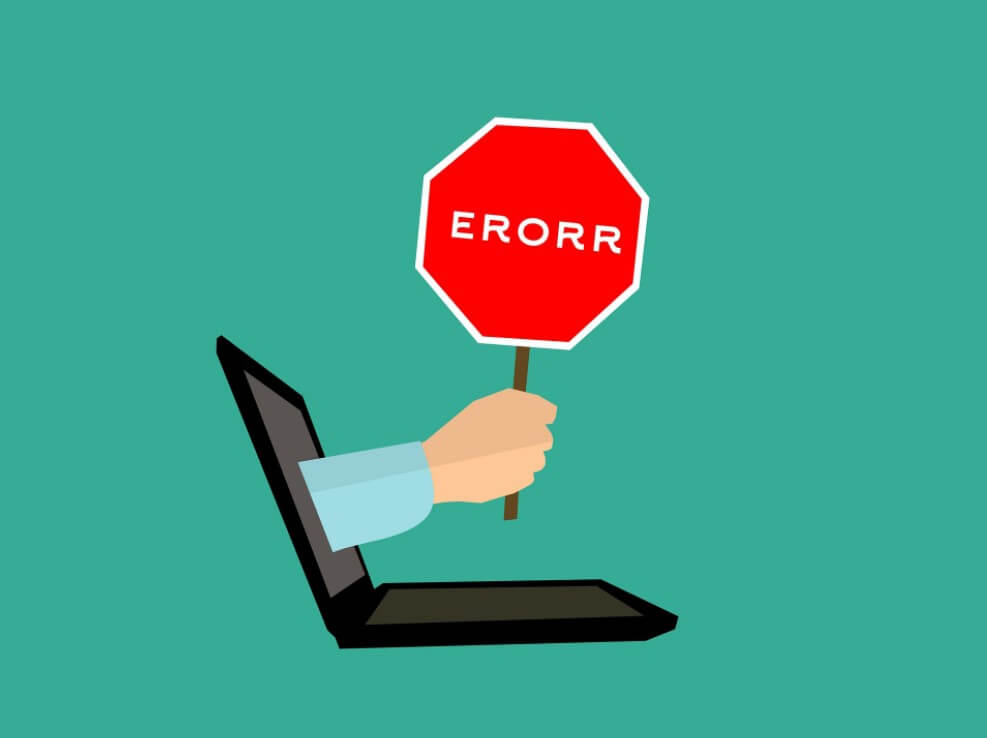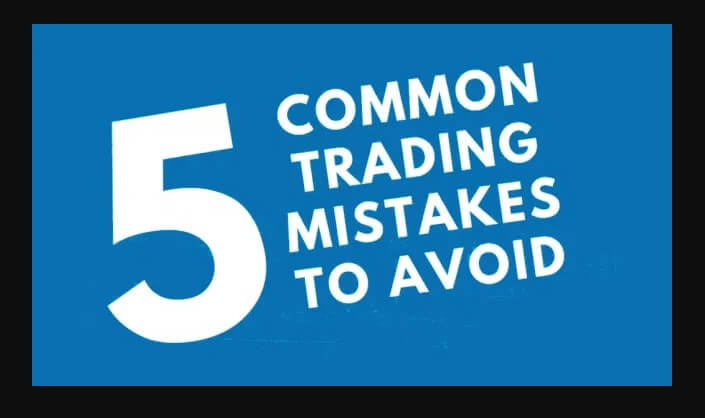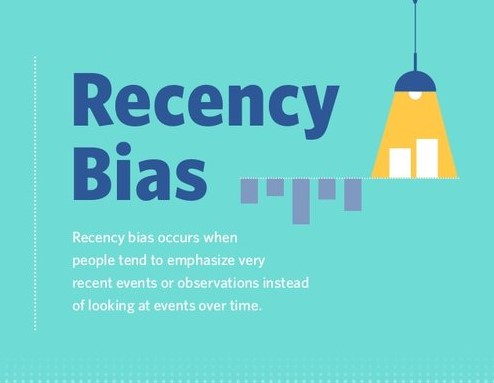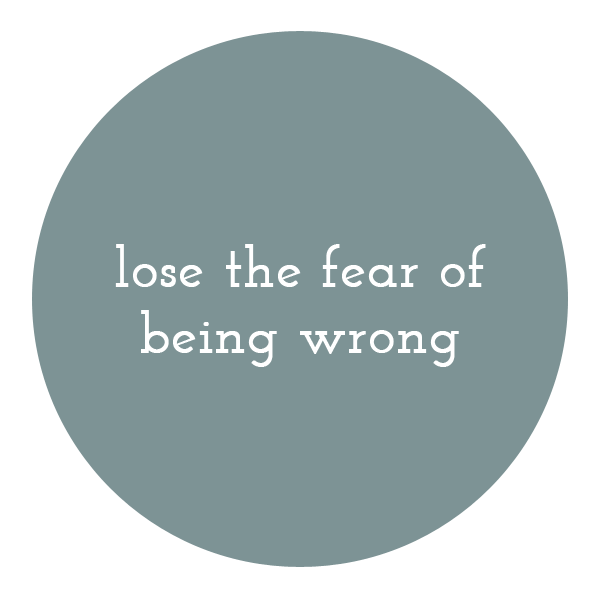If somebody told you at the beginning of a professional forex career that you will have to bust many accounts and work for a couple of years to get it right, would you still take that road? Probably not, because in the end, you might not even get to the professional level. A lot depends on you, how much do you love trading and how much do you want to have a job most people dream about. People will settle for less, why is that so is not important, it is more about is that enough for you. At some point on this road, in case you lose a few accounts or run into obstacles, you may fall into a bad mood called desperation. So much was sacrificed only to scrap everything, you might think. Nobody will say this, but it will happen to most of the traders if not all. At any moment in a professional forex trading career, it is a possibility your mindset will take a hit, and here is what professionals have to say about this.
The Old Problem
People that want to become forex traders do it when they want to get out of their present situation. Forex trading is much more attractive than a day job, at least for ordinary people working for XYZ company from 9 to 5. However, with all the warnings forex trading is only for the most persistent, people go in thinking they are just better than everybody else. Well, even genius traders mess it up, and mistakes are good, better make them early on.
Desperation comes in when you pay for impatience. Rushing to forex trading just because you need alternative income so you can quit your job or drop out of college is a faster path that hits back at you. Feeling that you are missing a lot if you do not start trading now is a warning you need to take seriously. Before allowing forex to hit you financially, demo trade. Then it might hit you psychologically, your real money is safe at least. Professionals take real losses, and you have to get ready for that first. So patience is a must, you are not going to be ready in a few months and more likely not even for a few years.
Pro Approach
Professionals know this “trap” so they do not start panicking when they have a bad month. They play the long game and patiently wait out to see if something is really not aligned with their trading. The right mindset about this would be even when you are losing, it is good. Professionals do not get emotional to the point they lose their trading ability, but actually are very intrigued about what could take their multi-year successful strategy down. It is a great discovery because ironing out the problem makes their strategy even closer to perfection. The result of this research is also very beneficial for understanding the market and to other traders as well. What follows is looking for tools or trading measures that could evade the losses from this market situation.
FOMO and Risk Fear
Fear Of Missing Out is also one of the most common issues beginners develop but later advanced traders may experience the paradox of “knowing too much”. FOMO is handled by having a strict rule set or a trading system. Some traders count candles until it is too late to enter a trade, some have indicators, but they all have something that prevents them from feeling that fear. There is a simple barrier in the form of a rule.
When traders love trading they are very well informed, they digest a lot of information from various sources. This can at times affect their trading where they become risk-averse. It is hard to have a decision based on every indicator, news, or other data. Traders have to focus on a set of “decision-makers”.
One of the ways to redirect the risk fear is gradually entering the position. This could be referred to as the Scaling-in method of money management. Older traders and investors are especially fearful of the new wave that is probably taking over currencies as we know them. We are talking about cryptocurrencies of course, and their intangible form is not really understood. The new age of currencies goes along with the new generations but veteran traders are conservative most of the time. Gold and precious metals are their choices over bitcoin and have this fear of risk (unknown). Scaling in method starting with small amounts is a good way to break this fear, gradually increasing the amount as the trade progresses. Professionals with an open mind do not have problems accepting new markets as long the asset is globally present.
The New Problem
According to the experiences of pro traders, the journey of ironing your emotions does not easily stop. So if you are a beginner reading this article, be ready for a bumpy ride and do not ever get discouraged. Pro traders have devised a way to combat that deep but mellow feeling they have wasted many years and that they might give up trading. This feeling gets stronger when you become a pro. For clarity, a pro trader is not the one who is trading real money, it is the one who does it for a living, with his or with somebody else’s money. The feeling you are not good at what you are doing gets stronger even though you have reached the level most dream about. After every loss, it reminds you. For some, it could be a bad month after you lose sight of the long play you are actually aiming for. Desperation is there, some traders feel it more, some are more rational. According to pro traders, there is no way around it, the longer you are in trying to trade your way the more you get the feeling all was for nothing.
The best way to get yourself on track nevertheless is by putting the work early on your strategy, plans, the whole system, and of course psychology. When you have a really tested out system with great results, you have confidence in what you are doing. The reason why pros might get desperate is that even though the system is tested out, the market is changing. Results are changing.
It could be a motivator to find out new, better trading methods, but it is for the wrong reasons. Fear of failure should be overcome at one point, it seems only time (experience) of generally good results can make you glad you chose to be a professional forex trader. According to experts, if they could take away one thing on their road to ascension, it would be that feeling. Otherwise, it is a great profession. Having an eyeopener such as realizing you will be doing 9 to 5 jobs for most of your life will likely put you on a different track than most people. On this track, not necessarily forex trading, the same feeling will come up. Professional traders make sure they know what they are doing, the same translates to everything else.


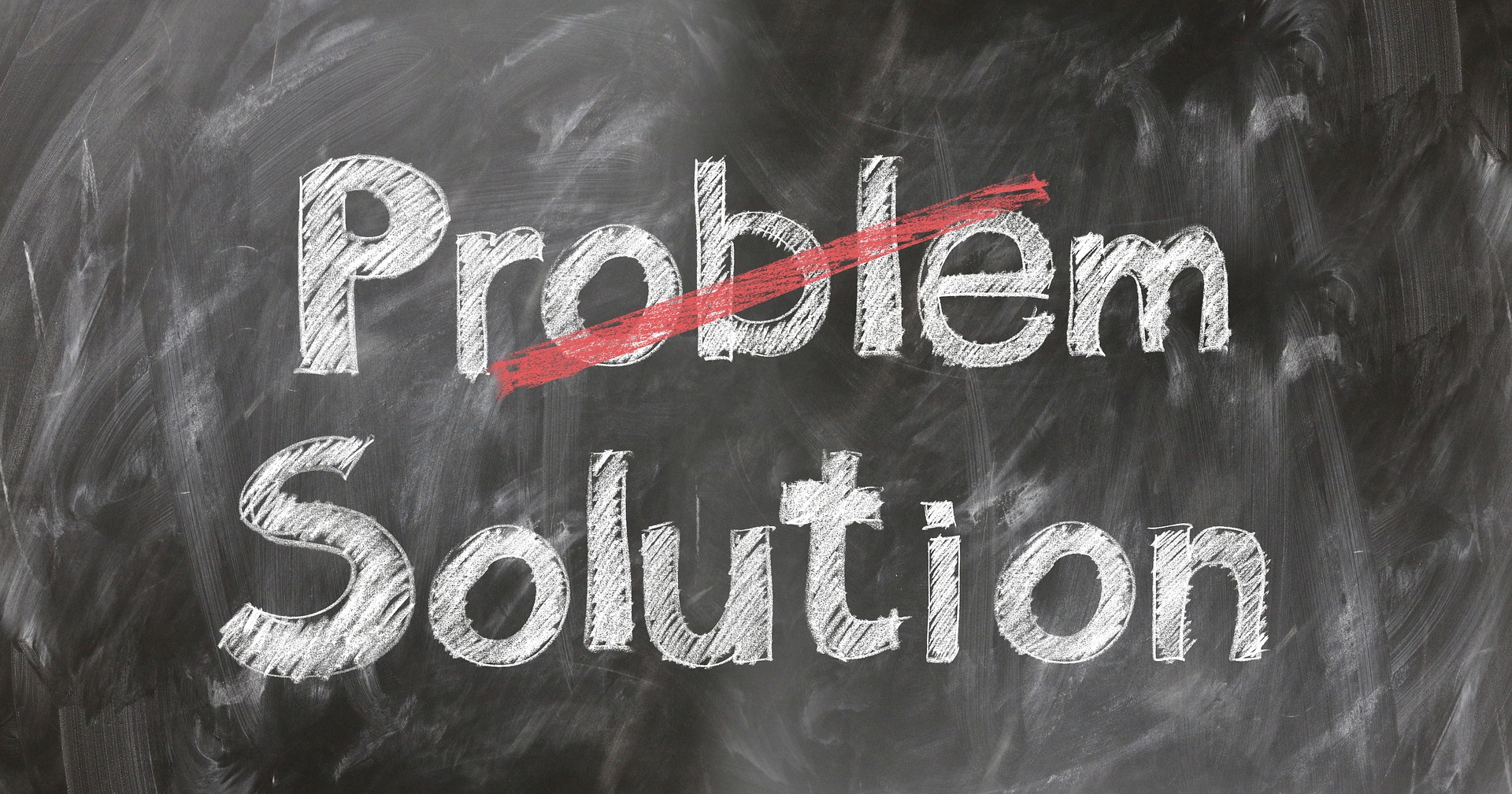
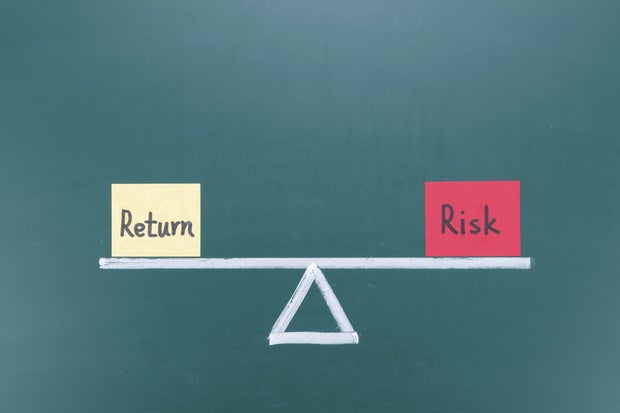
 Another thing that a lot of traders coming into the industry do not fully understand is the amount of time that it takes to learn and to actually begin trading. The initial periods can take a lot of your free time, you need to learn the basics, you need to create a trading strategy, you need a risk management plan for that strategy, and more. This can take a lot of time, more than most people expect as some come into it thinking they will set up an account and then trade, you can of course do that but it will ultimately result in loss.
Another thing that a lot of traders coming into the industry do not fully understand is the amount of time that it takes to learn and to actually begin trading. The initial periods can take a lot of your free time, you need to learn the basics, you need to create a trading strategy, you need a risk management plan for that strategy, and more. This can take a lot of time, more than most people expect as some come into it thinking they will set up an account and then trade, you can of course do that but it will ultimately result in loss.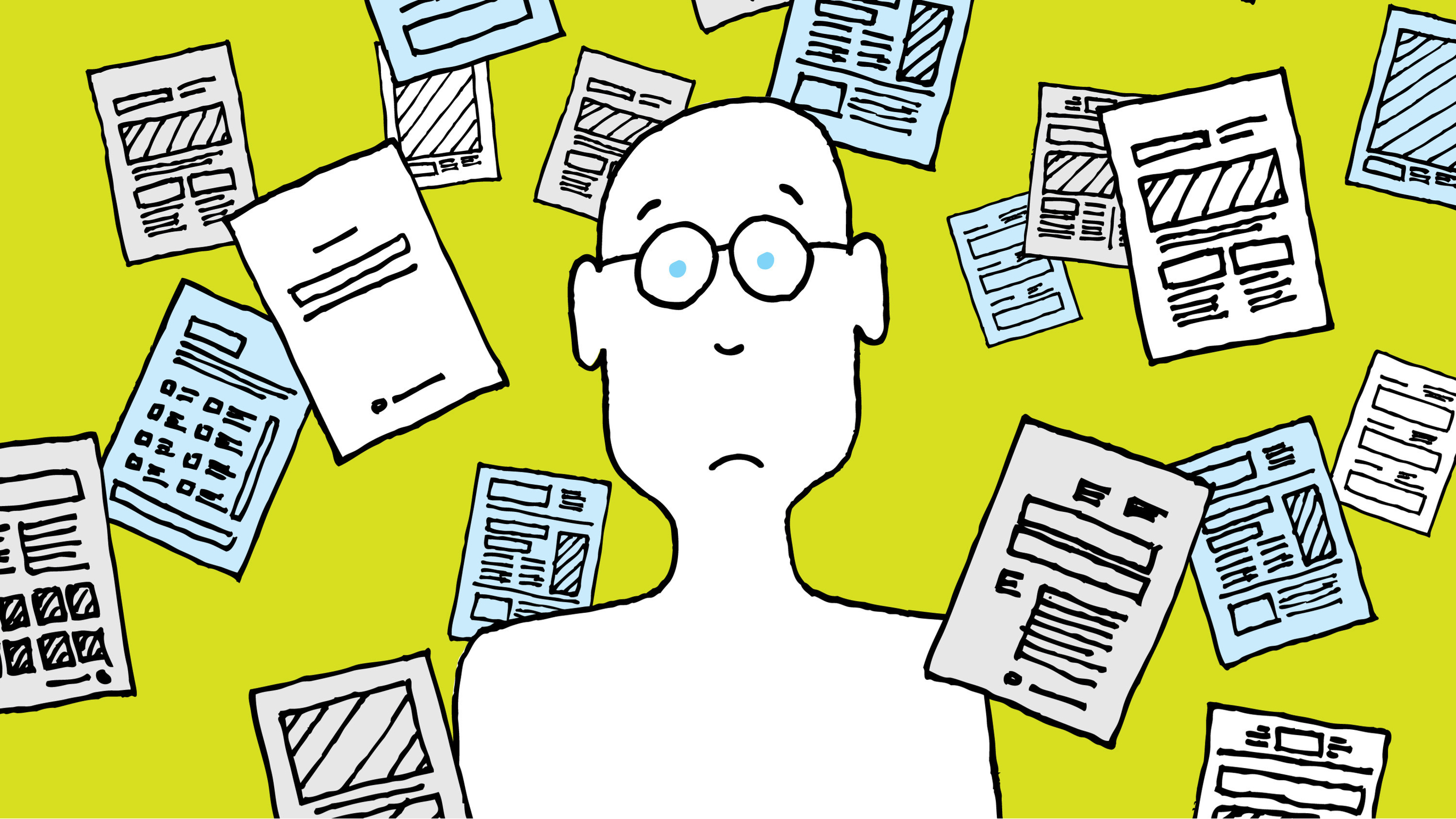
 When it comes to things like investing, you often hear the phrase “You need money to make money”, while to some extent that is true, if you want to make a lot, then you need a larger balance, but you certainly do not need a lot when you are first getting started. In fact, many brokers allow you to join from as little as $10, making it pretty accessible to most people in the world. Those that were once priced out of the markets can now very easily get involved. It will be hard to make much with such a small balance, for that you will need more, but it just shows that you do not need a lot in order to get started and to actually make anything.
When it comes to things like investing, you often hear the phrase “You need money to make money”, while to some extent that is true, if you want to make a lot, then you need a larger balance, but you certainly do not need a lot when you are first getting started. In fact, many brokers allow you to join from as little as $10, making it pretty accessible to most people in the world. Those that were once priced out of the markets can now very easily get involved. It will be hard to make much with such a small balance, for that you will need more, but it just shows that you do not need a lot in order to get started and to actually make anything.